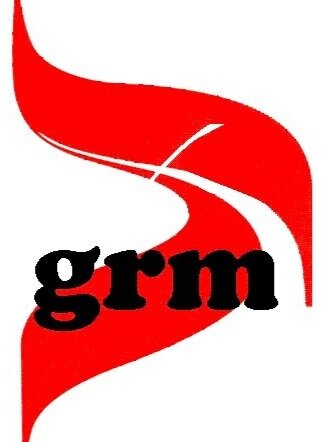Problem Gambling Awareness Month! (Post 80)
MONDAY, MARCH 28, 2016
Post 80
Problem Gambling Awareness Month!
Brackets! Sweet Sixteen! Final Four! Championship Game!
Yes, March is loaded with talk, speculation, plays and replays, and unfortunately betting. For a few weeks during the year, college basketball becomes an arena of major sports-betting ... true? Sadly yes. And yet, March Madness speculation does not claim exclusivity when it comes to wagering something of value on the outcome of sporting events. Again, sadly, betting on sports - at just about any level (pro, amateur, age, gender, final scores, individual plays) takes place throughout the year.
The National Council on Problem Gambling provides a good number of resource materials on sports betting and fantasy sports wagering on the NCPG website: www.ncpgambling.org For this month's GRM Blog edition, I am including, below, highlights from "March Madness and Gambling: Have the Conversation" by Barbara Rollins, one of the articles from this website.
[From Keith Whyte, Executive Director of the National Council] People affected by gambling addiction report feeling trapped during the NCAA tournament, bombarded by commercials and conversations about selections, brackets and Cinderella teams.
The article continues, "According to the American Gaming Association, an estimated 70 million Americans will fill out brackets this month [March] and $9 billion will be wagered during the three-week basketball tournament.
... While gambling is an entertaining pastime for many, for some it can quickly become an overwhelming disorder. Chemicals in the brain are activated during gambling in much the same way as when drinking alcohol. Just as having a drink can develop into alcoholism, gambling activity can become an addiction, affecting more than 5 million Americans each year. Because a gambling disorder often goes unrecognized, only 8% of those with a problem ever seek treatment.
Problem gambling is a legitimate mental health issue that responds well to treatment. If you suspect someone in your life has a gambling problem, have the conversation.
ask if they've ever lied about their gambling
or [if they have] bet more than they intended
For more ideas on how to have the conversation, and information on problem gambling prevention and treatment resources,
visit the National Council on Problem Gambling at www.ncpgambling.org
contact the National Problem Gambling Helpline 24/7: Call or text 1-800-522-4700
chat at ncpgambling.org/chat
follow ... [NCPG] on Facebook and Twitter @NCPG #HavetheConvo for frequent updates."
Have the conversation! Don't hesitate or be afraid. This may be the most conversation your friend or loved one will ever have!
Blessings,
Rev. Janet Jacobs
Founding Director
Gambling Recovery Ministries
For further information on recovery from gambling addiction, go to www.gamblersanonymous.org and www.gam-anon.org
Posted by Gambling Recovery Ministries at 1:53 PM
